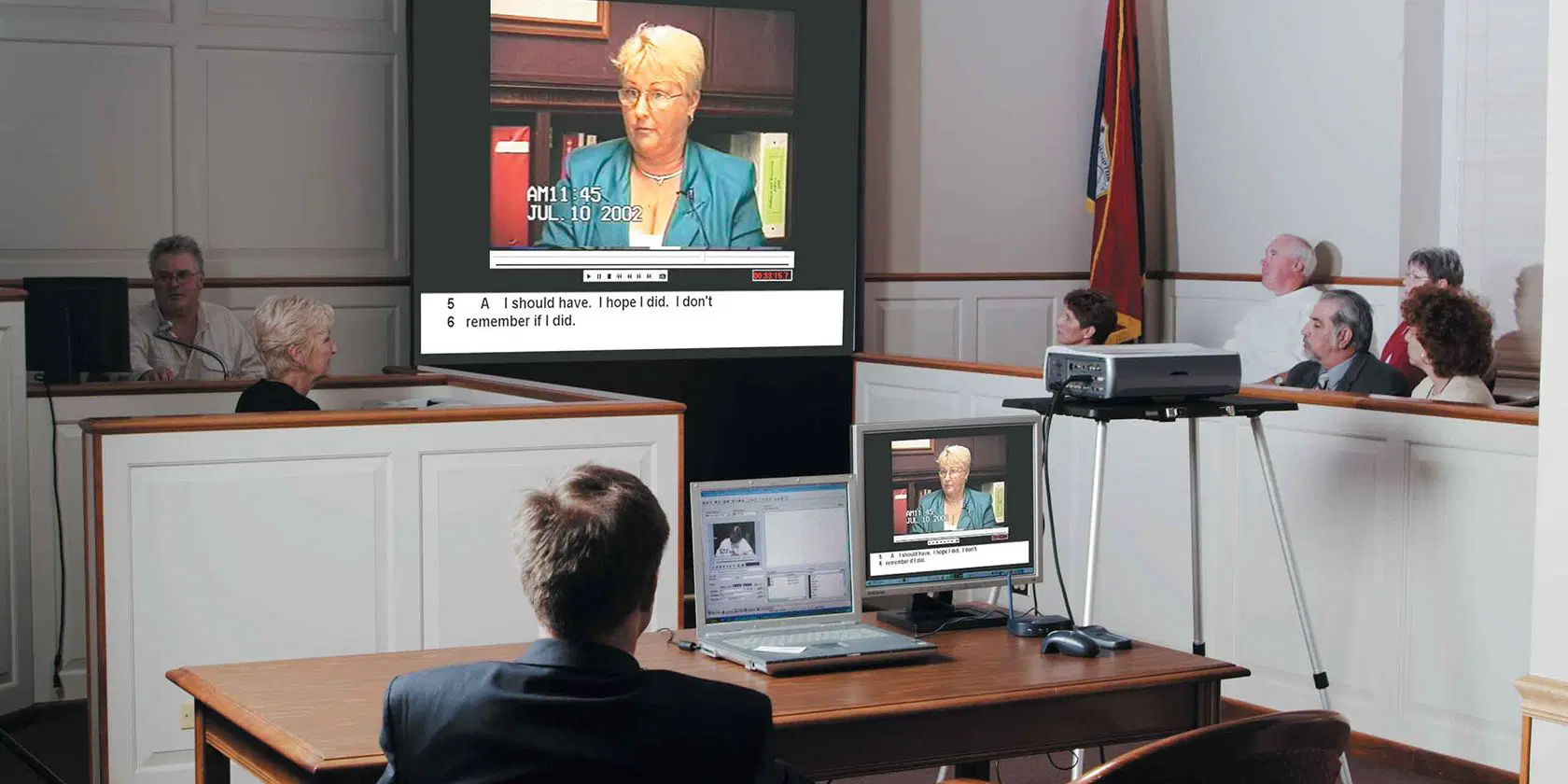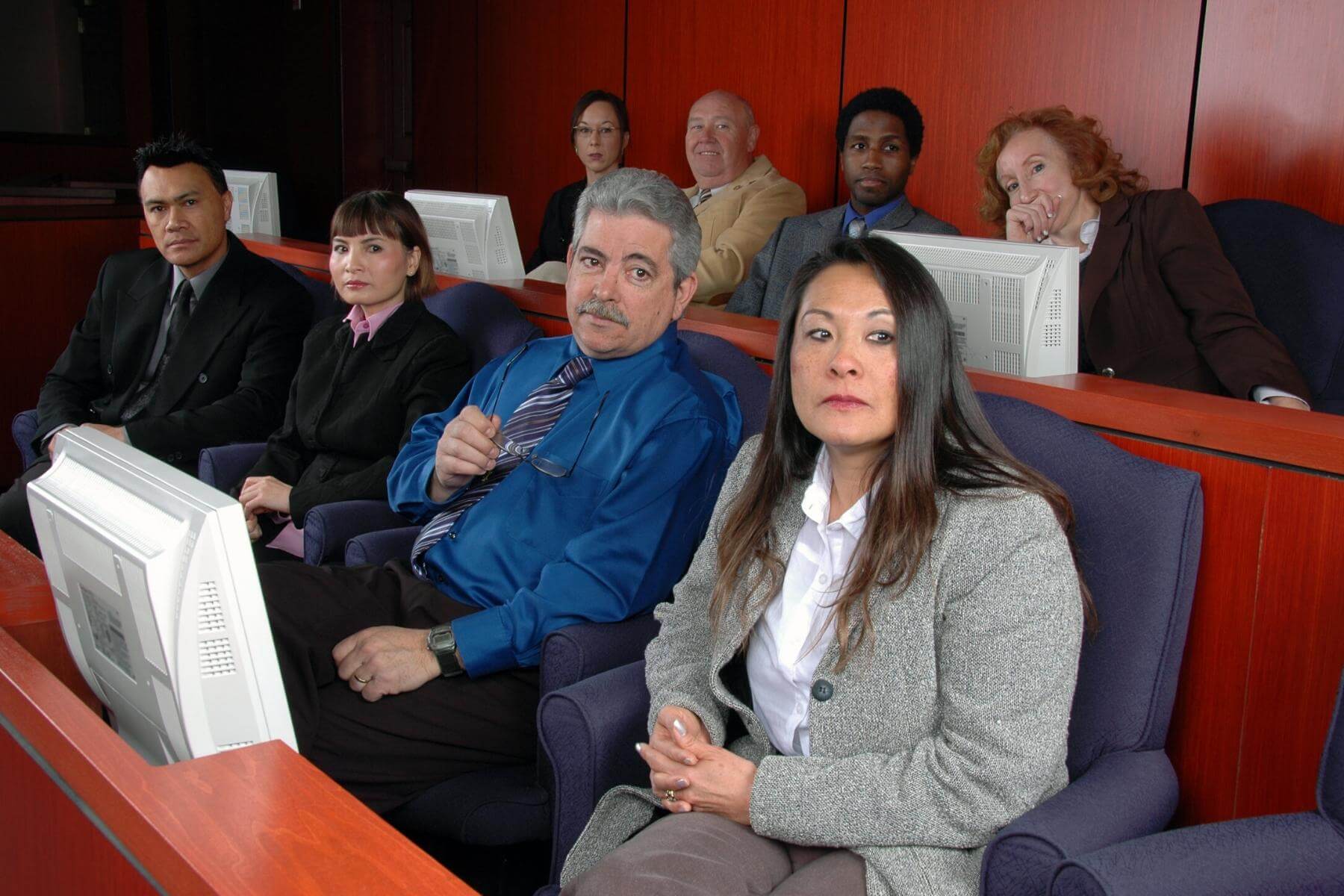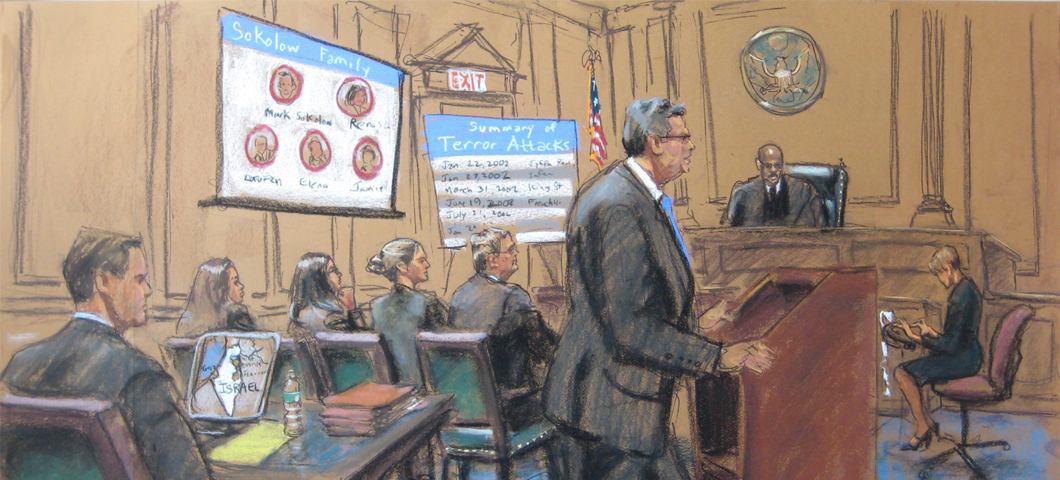Successful litigation require well-crafted trial presentations that make legal arguments compelling.
Successful litigation require well-crafted trial presentations that make legal arguments compelling.
Blog Article
Just How Test Presentations Enhance Your Debate and Convince Jurors
Trial presentations serve as an essential system for enhancing legal debates and persuading jurors. The strategic usage of visuals not just makes clear intricate details but likewise records jurors' attention extra efficiently than words alone.

Relevance of Aesthetic Help
Visual aids play a vital function in boosting the performance of test presentations, as they can dramatically raise audience interaction and retention of information. In the context of a trial, where jurors are charged with processing facility information, aesthetic aids serve to simplify and clarify essential points. Graphes, graphs, and pictures can communicate data and principles that may otherwise overwhelm or confuse jurors, permitting for a much more simple understanding of the proof presented.
Additionally, aesthetic aids aid in maintaining juror attention throughout the procedures. By breaking the monotony of spoken testimony, these devices can stress essential disagreements, making them a lot more remarkable. Efficient visual help can also stimulate emotional reactions, which can be pivotal in persuading jurors to align with the speaker's story.

Crafting Compelling Stories
A compelling narrative is necessary in test presentations, as it functions as the foundation of reliable persuasion. It allows attorneys to weave with each other truths, evidence, and emotional components into a coherent tale that reverberates with jurors. This narrative framework makes it possible for jurors to comprehend the complexities of the situation while guiding them via the attorney's argument.
To craft a compelling narrative, attorneys must concentrate on clearness and comprehensibility. Additionally, the usage of brilliant summaries can produce mental images that aid jurors visualize the events, making the narrative much more memorable.
Additionally, incorporating vital styles throughout the presentation reinforces the core message and help in retention - trial presentations. The narrative needs to not only share information but likewise stimulate a feeling of justice, highlighting the risks involved. Inevitably, a sound narrative promotes a link in between the jurors and the instance, placing the lawyer's argument as both qualified and compelling, thus enhancing the likelihood of a favorable judgment

Engaging the Jury Emotionally
Efficient court interaction depends upon the attorney's capacity to attach with jurors on a psychological level. This connection can substantially influence jurors' perceptions and their ultimate decision-making. Utilizing sob stories permits lawyers to humanize the case, changing abstract legal principles right into relatable experiences. By providing real-life stories or reviews, lawyers can evoke compassion and compassion, fostering a deeper understanding of the problems at risk.
Visual aids, such as pictures or video clips, can further boost emotional involvement, offering jurors with vivid depictions of the instance's human components. Crafting a narrative that highlights the struggles and victories of the people involved ensures that jurors see beyond the lawful arguments and identify the human repercussions of their choices.
Additionally, tone and body movement play an essential role linked here in sharing emotion. An attorney's enthusiastic shipment can resonate with jurors, enhancing their emotional financial investment in the situation. It's necessary to stabilize sob stories with factual proof, making sure that jurors really feel obliged to act while staying based in the reality. Eventually, a mentally engaged jury is more probable to be persuaded, making psychological link a vital element of efficient trial discussions.
Structuring Your Presentation

The body of the presentation should be practically fractional into vital points, each sustained by engaging evidence. It is helpful to make use of storytelling methods to weave truths right into a story that jurors can easily comply with. Aesthetic help, such as click to read graphes and videos, can enhance understanding and interaction, aiding to highlight crucial pieces of evidence.
Real-World Study
Analyzing real-world case studies gives very useful understandings into the art of trial presentations and persuasion. The defense team effectively used a strategy that incorporated high-profile professional testaments with multimedia presentations, which astounded jurors and ultimately influenced their choice.
Another noteworthy example is the "McDonald's Coffee Situation," where the complainant's lawyers utilized visuals photos of the injuries sustained by Stella Liebeck. trial presentations. This plain aesthetic evidence played an essential role in conveying the seriousness of her burns, bring about a substantial jury honor. Such situations demonstrate that impactful test presentations commonly depend upon the reliable assimilation of visuals and narration to stimulate emotional actions from jurors
Furthermore, the "Casey Anthony Trial" highlighted the significance of narrative comprehensibility and credibility. The prosecution's failing to develop a compelling timeline diminished their influential power, underscoring the requirement of a well-structured presentation. Analyzing these instances reveals that successful trial discussions need critical planning, emotional engagement, and the capacity to resonate with jurors' values and ideas.
Conclusion
Trial next discussions significantly boost arguments and convince jurors via the strategic use of aesthetic help, engaging narratives, and emotional involvement. By streamlining complex information and cultivating connections with the target market, these aspects develop a memorable and impactful experience. A well-structured presentation equilibriums sob stories with factual evidence, inevitably reverberating with jurors' worths. The assimilation of these techniques not only influences decision-making but likewise emphasizes the importance of effective communication in the courtroom.
Report this page